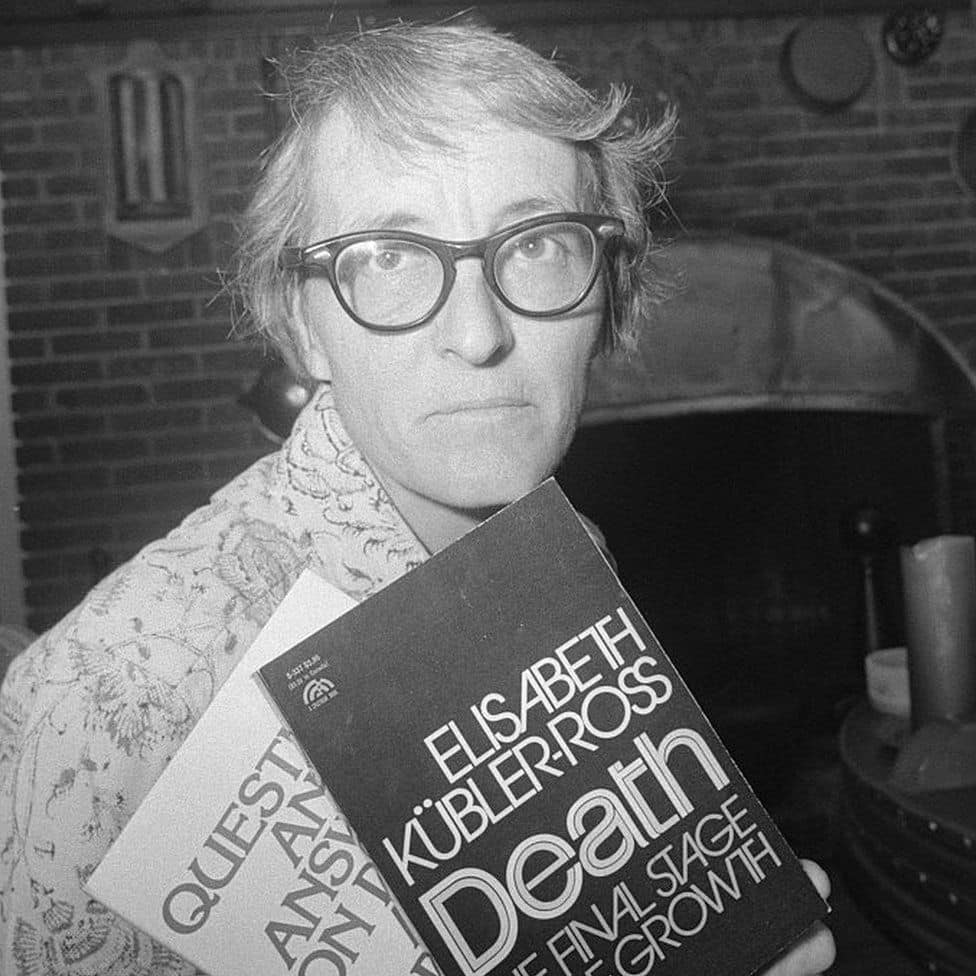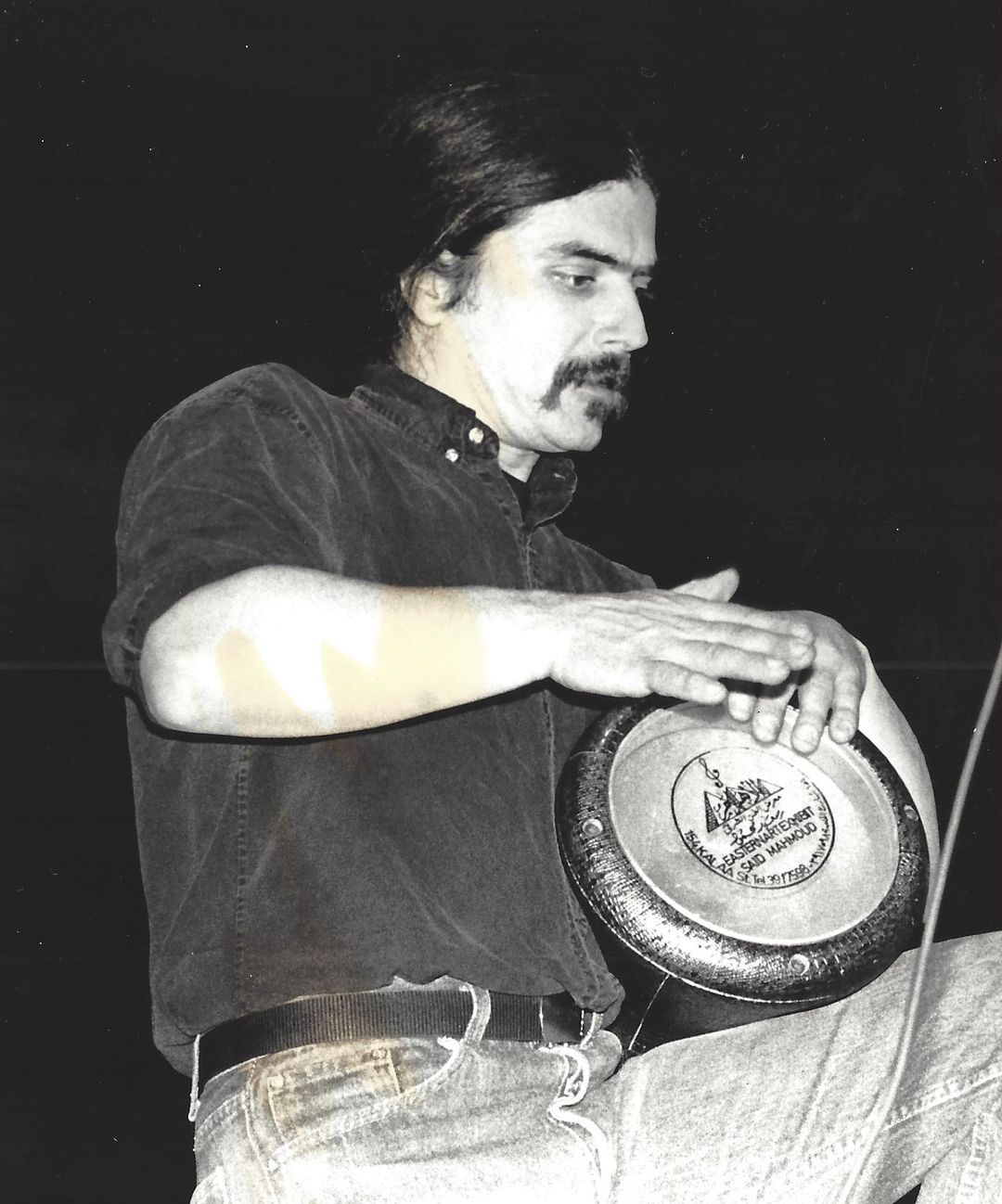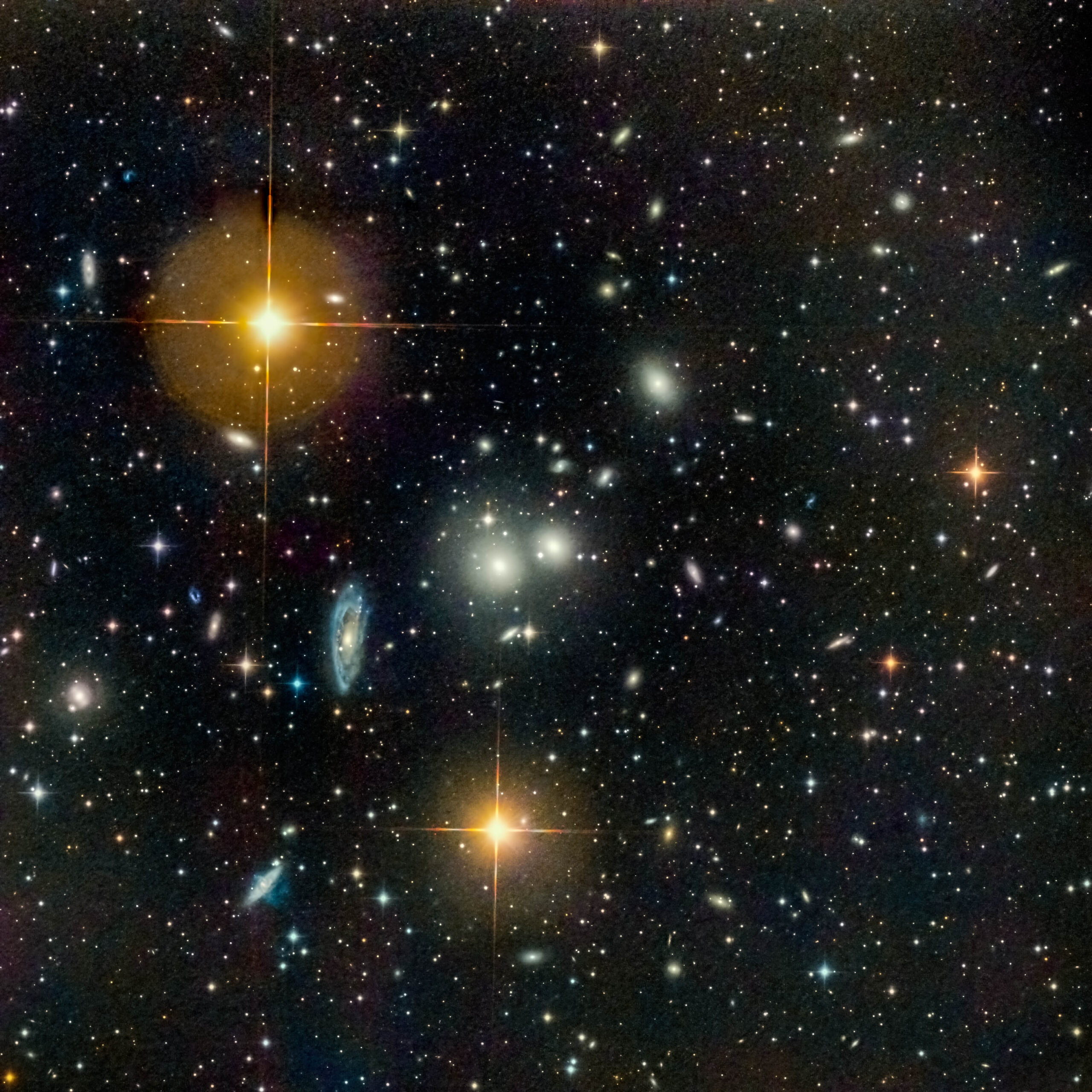Blog
Howard Mancel Roberts (October 2, 1929 – June 28, 1992) was an American jazz guitarist, educator, and session musician.
Roberts was born in Phoenix, Arizona to Damon and Vesta Roberts, and began playing guitar at the age of 8 — a Gibson manufactured $18 Kalamazoo student model acoustic given to him by his parents at Christmas. He took lessons from Horace Hatchett, who commented to Roberts’ father that Roberts, at the age of 15, “… has his own style of playing and there’s nothing else I can show him. He plays better than I do.” By the time he was 15, he was playing professionally locally, predominantly blues-based music, where he learned from a number of black musicians, trumpeter Art Farmer being among that group. In 1992 Roberts was quoted in The Independent Newsletter by Steve Voce saying he considered that early experience to be “the most valuable” to him in his development as a player. At the time Roberts and his close friend and roommate, guitarist Howard Heitmeyer, would start their day by practicing 3 or 4 hours, catch an afternoon movie, returning to practice until they went to the clubs in the evening.
When Roberts reached the age of 17 he was involved with a class that was begun by Joseph Schillinger, a composer/theorist. Fabian Andre had been commissioned to teach the class. Some of the students who had taken the class included George Gershwin, Tommy Dorsey, Benny Goodman and Oscar Levant. Schillinger applied mathematical principles to art which appealed to Roberts. To be able to take the course he made a deal with Andre; he’d sweep the floors after class to help defray the cost of his tuition. By the late ‘40s Roberts was playing with one of his boyhood friends, Pete Jolly – a well known jazz pianist – and they toured Washington and Idaho in early 1950.
more...

The Hydra Cluster (or Abell 1060) is a galaxy cluster that contains 157 bright galaxies, appearing in the constellation Hydra. The cluster spans about ten million light-years and has an unusually high proportion of dark matter. The cluster is part of the Hydra–Centaurus Supercluster located 158 million light-years from Earth. The cluster’s largest galaxies are elliptical galaxies NGC 3309 and NGC 3311 and the spiral galaxy NGC 3312 all having a diameter of about 150,000 light-years. In spite of a nearly circular appearance on the sky, there is evidence in the galaxy velocities for a clumpy, three-dimensional distribution. 190mly distant.

Ellen McIlwaine (October 1, 1945 – June 23, 2021) was an American-born singer-songwriter and musician best known for her career as a solo singer, songwriter and slide guitarist.
Born in Nashville, Tennessee, United States, McIlwaine was adopted by missionaries and raised in Kobe, Japan, giving her exposure to multiple languages and cultures. She attended the Canadian Academyschool in Kobe, graduating in 1963. Her first experience in music was playing on piano Ray Charles, Fats Domino and Professor Longhair songs that she heard on Japanese radio. On moving back to the United States she bought a guitar, beginning a stage career in Atlanta, Georgia in the mid-1960s.
In 1966, McIlwaine had a stint in New York City’s Greenwich Village where she opened every night at the Cafe Au Go Go, playing with Jimi Hendrix, and opening for Muddy Waters, Sonny Terry and Brownie McGhee, and Big Joe Williams. She returned to Atlanta to form the band Fear Itself, a psychedelic blues rock band.
more...Curtis Lundy (born October 1, 1955) is an American double bass player, composer, producer, choir director and arranger. Lundy is best known for his work as part of jazz vocalist Betty Carter‘s band. He is the brother of vocalist Carmen Lundy, with whom he has also recorded.
more...David Holland (born 1 October 1946) is an English double bassist, bass guitarist, cellist, composer and bandleader who has been performing and recording for five decades. He has lived in the United States since the early 1970s.
His extensive discography ranges from solo performances to pieces for big band. Holland runs his own independent record label, Dare2, which he launched in 2005. After moving to London in 1964, Holland played double bass in small venues and studied with James Edward Merrett, principal bassist of the Philharmonia Orchestra and, later, the BBC Symphony Orchestra. Merrett trained him to sight read and then recommended he apply to the Guildhall School of Music and Drama. Holland received a full-time scholarship for the three-year programme. At 20, Holland was keeping a busy schedule in school, studios and Ronnie Scott’s Jazz Club, London’s premier jazz club, where he often played in bands that supported such touring American jazz saxophonists as Coleman Hawkins, Ben Webster and Joe Henderson. He also linked up with other British jazz musicians, including guitarist John McLaughlin, saxophonists Evan Parker and John Surman, South Africa-born London-based pianist Chris McGregor, and drummer John Stevens, and performed on the Spontaneous Music Ensemble’s 1968 album Karyobin. He also began a working relationship with Canada-born, England-based trumpeter Kenny Wheeler that continued until Wheeler’s death in 2014.
more...Albert Gene Collins (October 1, 1932 – November 24, 1993 Leona, TX) was an American electric blues guitarist and singer with a distinctive guitar style. He was noted for his powerful playing and his use of altered tunings and a capo. His long association with the Fender Telecaster led to the title “The Master of the Telecaster”.
At 18, Collins started his own group, the Rhythm Rockers, in which he honed his craft. During this time he was employed for four years at a ranch in Normangee, Texas; he then worked as a truck driver for various companies for 12 years.
Collins played an Epiphone guitar during his first two years with the Rhythm Rockers, but in 1952, after seeing Clarence “Gatemouth” Brown playing a Fender Esquire, he decided to purchase a Fender. He wanted a Telecaster, but because of the cost he chose to buy an Esquire, which he took to the Parker Music Company in Houston to be fitted with a Telecaster neck pickup. This was his main guitar until he moved to California, and it was the guitar that he used on his earliest recordings, including his signature song, “Frosty”. For the rest of his career he played a “maple cap”–necked natural ash body Fender 1966 Custom Telecaster with a Gibson PAF humbucking pickup retrofitted into the neck position, which became the basis for a Fender Custom Artist signature model in 1990.
more...Marc Bolan (born Mark Feld; 30 September 1947 – 16 September 1977) was an English guitarist, singer-songwriter and poet. He was a pioneer of the glam rock movement in the early 1970s with his band T. Rex. Bolan strongly influenced artists of many genres, including glam rock, punk, post-punk, new wave, indie rock, Britpop and alternative rock. He was posthumously inducted into the Rock and Roll Hall of Fame in 2020 as a member of T. Rex.
In the late 1960s, he rose to fame as the founder and leader of the psychedelic folkband Tyrannosaurus Rex, with whom he released four critically acclaimed albums and had one minor hit “Debora”. Bolan had started as an acoustic singer-writer before heading into electric music prior to the recording of T. Rex’s first single “Ride a White Swan” which went to number two in the UK singles chart. From 1970 to 1973, T. Rex encountered a popularity in the UK comparable to that of the Beatles, with a run of eleven top ten singles, four of which reached number one: “Hot Love“, “Get It On“, “Telegram Sam” and “Metal Guru“. The 1971 album Electric Warrior, with all songs written by Bolan, received critical acclaim, reached number 1 in the UK and became a landmark album in glam rock. From 1973, he started marrying rock with other influences, including funk, soul, gospel, disco and R&B.
Bolan died in a car crash in 1977. A memorial stone and bust of Bolan, Marc Bolan’s Rock Shrine, was unveiled at the site where he died in Barnes, London. His musical influence as guitarist and songwriter was profound; he inspired many later acts over the following decades. Bolan’s March 1971 appearance on the BBC’s music show Top of the Pops, wearing glitter on his face, performing the UK chart topper “Hot Love” is cited as the start of the glam rock movement.
Music critic Ken Barnes called Bolan “the man who started it all”. The 1971 album Electric Warrior has been described by AllMusic as “the album that essentially kick-started the UK glam rock craze.” Producer Tony Visconti, who worked with Bolan during his heyday, stated: “What I saw in Marc Bolan had nothing to do with strings, or very high standards of artistry; what I saw in him was raw talent. I saw genius. I saw a potential rock star in Marc – right from the minute, the hour I met him.”
more...Most galaxies we are familiar with fall into one of two easily-identified types. Spiral galaxies are young and energetic, filled with the gas needed to form new stars and sporting spiral arms hosting hot, bright stars. Elliptical galaxies have a much more pedestrian look, their light coming from a uniform population of older and redder stars. But other galaxies require in-depth study to understand: such is the case with NGC 4694, a galaxy located 54 million light-years from Earth in the Virgo galaxy cluster, and the subject of this Hubble Picture of the Week.
NGC 4694 has a smooth-looking, armless disc which — like an elliptical galaxy — is nearly devoid of star formation. However its stellar population is still relatively young and new stars are still actively forming in its core, powering the brightness we can see in this image and giving it a markedly different stellar profile from that of a classic elliptical galaxy. The galaxy is also suffused by the kinds of gas and dust normally seen in a young and sprightly spiral; elliptical galaxies often do host significant quantities of dust, but not the gas needed to form new stars. NGC 4694 is surrounded by a huge cloud of invisible hydrogen gas, fuel for star formation. This stellar activity is the reason for Hubble’s observations here.
As this Hubble image shows, the dust in this galaxy forms chaotic structures that indicate some kind of disturbance. It turns out that the cloud of hydrogen gas around NGC 4694 forms a long bridge to a nearby, faint dwarf galaxy named VCC 2062. The two galaxies have undergone a violent collision, and the larger NGC 4694 is accreting gas from the smaller galaxy. Based on its peculiar shape and its star-forming activity, NGC 4694 has been classified as a lenticular galaxy: lacking the unmistakable arms of a spiral, but not so bereft of gas as an elliptical galaxy, and still with a galactic bulge and disc. Some galaxies just aren’t so easy to classify as one type or the other!

Franklin Joseph Lymon (September 30, 1942 – February 27, 1968) was an American rock and roll/rhythm and blues singer and songwriter, best known as the boy soprano lead singer of the New York City-based early rock and roll doo-wop group The Teenagers. The group was composed of five boys, all in their early to mid-teens. The original lineup of The Teenagers, an integrated group, included three African-American members, Lymon, Jimmy Merchant, and Sherman Garnes; and two Puerto Ricanmembers, Joe Negroni and Herman Santiago. The Teenagers’ first single, 1956’s “Why Do Fools Fall in Love“, was also their biggest hit. After Lymon went solo in mid-1957, both his career and that of The Teenagers fell into decline. In 1968, Lymon was found dead at the age of 25 on the floor of his grandmother’s bathroom from a heroinoverdose. Lymon was posthumously inducted into the Rock and Roll Hall of Fame in 1993 as a member of the Teenagers. His life was dramatized in the 1998 film Why Do Fools Fall in Love.
more...Patrice Louise Rushen (born September 30, 1954) is American jazz pianist, R&B singer, record producer, multi-instrumentalist, songwriter, and music director.
At the 25th Annual Grammy Awards, her 1982 single, “Forget Me Nots“, received a nomination for Best Female R&B Vocal Performance, while her instrumental song, “Number One” was nominated Best R&B Instrumental; both songs were from her seventh studio album, Straight from the Heart (1982).
Since 2008, Rushen has served as an ambassador for artistry in education at the Berklee College of Music, and the chair of the popular music program at the USC Thornton School of Music since 2014.
more...
Oscar Pettiford (September 30, 1922 – September 8, 1960) was an American jazzdouble bassist and composer. He was one of the earliest musicians to work in the bebop idiom.
Jazz bassist Christian McBride called Pettiford “probably the most important bass player of that bebop generation in terms of creating new language for the bass.” Jamela Pettiford, a singer in St. Paul, Minnesota, and a descendant of the Pettiford family, told Minnesota Public Radio in 2022 that the Pettiford family band traveled itinerantly for a time as road musicians before settling in north Minneapolis. Pettiford died in 1960 in Copenhagen, shortly before his 38th birthday, from a virus closely related to polio.
more...More Posts
- Joe Jones
- Doc West
- World Music with Doubt Gnahore
- Daily Roots with Toots and the Maytals
- Rhythm Roots Workshop at VA Adult Day Center
- The Cosmos with Mammatus Clouds
- Thornetta Davis
- Bruz Freeman
- World Fusion with Amerendra ‘Badal’ Roy Choudhury
- Daily Roots with Alton Ellis & the Flames
- The Cosmos with IC1318A, LDN895 & DWB111
- Ian Anderson
- Chuck Israels
- Trudy Pitts
- Arnett Cobb
- World Music with TEYR
- Daily Roots with Justin Hinds & The Dominoes
- The Cosmos with Quasar 2M1310-1714
- Jack DeJohnette
- Butch Warren


